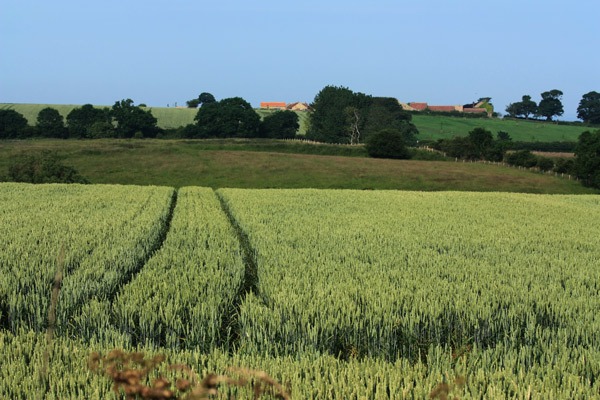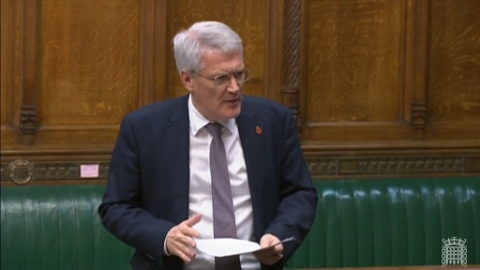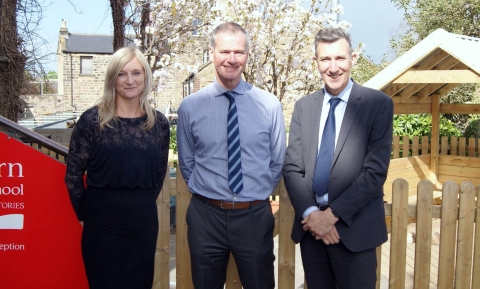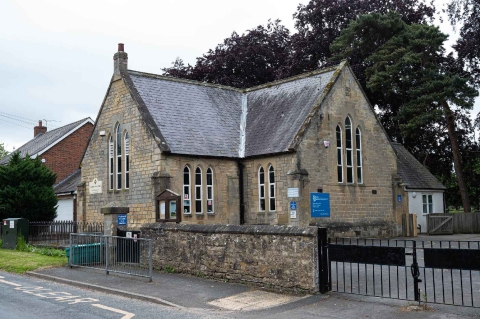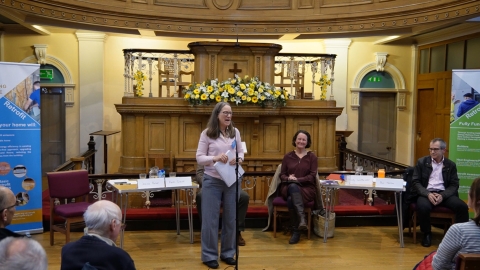Julia Mulligan, Police and Crime Commissioner for North Yorkshire, has signed up to a new National Rural Crime Network, which has been set up to help tackle rural crime more effectively in England and Wales.
Eighteen Police and Crime Commissioners have so far signed up to the network with a further eight are considering joining.
The idea originated with the Rural Services Network, a ‘not for profit’ organisation which represents a diverse range of rural service providers in the public, private and voluntary sectors.
The commissioners convened with police officers and representatives from the Rural Services Network, Farmers Weekly magazine, the National Community Safety Network, the online crime reporting system ‘Facewatch’, the Country Land and Business Association and other rural stakeholders, to expl ore the concept in more detail.
Julia Mulligan, Police and Crime Commissioner for North Yorkshire, said: As the Commissioner for the largest rural police force in England, I am particularly keen to support this initiative. Clearly, crime in rural areas accounts for a large proportion of North Yorkshire Police’s demand.
There are significant pressures on rural police forces and by coming together, we will be able to speak in a strong and united voice.
I am particularly pleased that the network also includes other organisations dedicated to rural communities. In this way, we should all be able to learn from one another and work collaboratively on new ideas and solutions that will benefit our local people.
Rural Services Network officer Nick Payne said: There is a common perception that rural crime is less significant than that occurring in cities and towns. The impact of rural crime is just as serious as it is elsewhere which is becoming an increasing problem as austerity bites and as police resources are stretched thinner.
There are also strong links to serious organised gangs in relation to some classifications of rural crime, for example, theft of agricultural plant and machinery as well as the availability of drugs alongside more conventional issues such as wildlife and heritage crime.
There is good collaborative work already occurring in some localities but it is widely acknowledged that sharing of best practice is patchy and urgently needs to be improved.
Mr Payne said the network would ensure that sharing best practice was effectively coordinated and sustained.
The network will also be developing strong links to academic research resources as well promoting successful techniques to encourage rural communities to become more self -resilient in these difficult times.
Nigel Pulling, Chief Executive of the Yorkshire Agricultural Society said: The Crime Commissioner is to be applauded for joining the National Rural Crime Network, as hopefully it will give a North Yorkshire focus at highest levels on the financial and emotional costs to our farmers.
Crime, and particularly theft, is an ever-increasing problem for the rural community, and farmers specifically. It’s not only financial loss but there is also the issue of being without an important piece of equipment at a key time on the farming calendar. In terms of livestock theft, the animals may be irreplaceable – they may have been hand reared and thus almost part of the family, as well as becoming extremely valuable as prizewinners at national and international events. Farmers often suffer in silence, but hopefully the Crime Commissioner will help give them a voice on this important issue.
Once established, the network will provide an online resource for police, community safety practitioners and others to interact, to share information, training development, access to case studies and link up with other mechanisms for reporting crime and/or suspicious behaviour.
A smaller working group will now refine some initial Terms of Reference and explore ways in which the ICT infrastructure that will be required for the network to function can be funded and most efficiently established.
The objectives of the National Rural Crime Network are initially to:
- To act as a think tank on rural crime strategy.
- To facilitate and allow comparison of operational techniques in rural areas, region by region, to seek out/share best practice.
- To develop and target good publicity to encourage stronger local response from the rural public.
- To facilitate a national forum for discussion between relevant rural partners and appropriate national organisations and watch groups.
- To act as a forum to consider Community Safety Initiatives across rural areas.
The 18 interested Police and Crime Commissioners are:- Bedfordshire, Cheshire, Cleveland, Derbyshire, Devon and Cornwall, Durham, Dyfed-Powys, Gloucestershire, Hertfordshire, Leicestershire, Lincolnshire, Northamptonshire, North Yorkshire, Nottinghamshire, Suffolk, Thames Valley, Warwickshire and West Mercia.t Yorkshire Show each July and Countryside Live in October.

